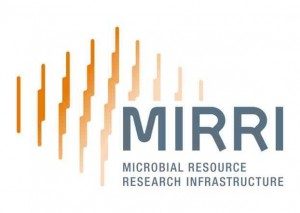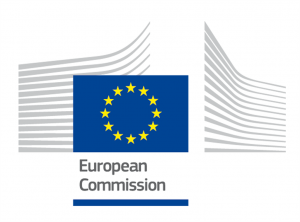Présentation
MIRRI is a pan-European distributed research infrastructure in its Preparatory Phase which aims to support research and development in the field of biotechnology.
Currently, more than 40 public culture collections and research institutes from 19 European countries collaborate to establish this infrastructure.
MIRRI – our vision and values
Launched in 2012, the pan-European Microbial Resource Research Infrastructure (MIRRI) is part of the BioMedical Research Infrastructure (RI) ESFRI landscape. Currently more than 40 public biorepositories and research institutes from 19 European countries collaborate to establish MIRRI as an European Research Infrastructure Consortium (ERIC) under EU law.
The vision of MIRRI is to be a unique pan-European high-performance platform adding value to known and yet unknown microbial biodiversity and exploiting novel sources and knowledge to discover and disclose for the bioeconomy and bioscience.
MIRRI will generate solutions to societal challenges by stimulating interaction between academia and bioindustry.
MIRRI aims to provide a collaborative work environment inspiring excellence and to drive collaboration across borders and disciplines. Within concerted efforts, the consortium partners coherently and jointly work together with the objective to alleviate the current fragmentation of bioresource holdings and information, and eliminate duplication and redundancy at the national and pan-European level.
We bring together research, education and industry to promote global responsibility towards biodiversity and to construct an innovative Europe.
This vision is feasible thanks to the development of strong trust in the legally secured exchange of high quality resources and enriched as well as curated data sets. Presenting global solutions to microbiological needs, a coordinated approach is required by a consortium of national mBRCs guided by their stakeholders. Thus, MIRRI provides targeted microbial resources that enable researchers in every major discipline to solve our grand societal challenges – energy supply, climate change, and healthcare for all.




